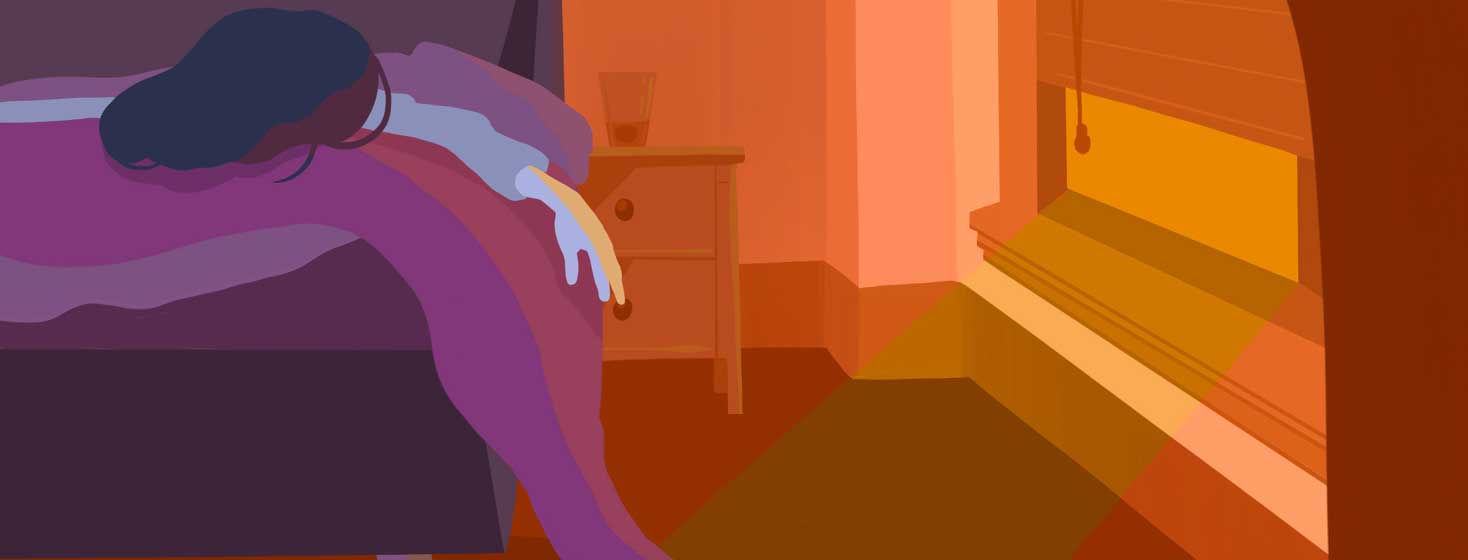Unexpected Losses
I recently heard the phrase 'unexpected loss'. This resonated with me and is a good way of explaining why a widowmaker heart attack and sudden heart failure diagnosis at 35 were so traumatic. Why I still deal with the trauma, and why, although my coping skills have improved, that bit will probably never go away.
Fight or flight response
A simple medication change can cause a great deal of fear and induce a 'fight or flight response' that seems out of content to those looking on it from the outside.
My doctor recently switched me from Brilanta to Plavix (I have numerous stents so reducing the risk of stent thrombosis is key), and the fear that provoked was at a similar level to the terror I experienced when I was in the cardiac ICU.
It still amazes me what can bring me back and how real the fear is. Even the nightmares can become eerily similar! For anyone who feels like they should be 'over it,' be kind to yourself.
Societal support
In my opinion, an unexpected loss is something that society is not as well versed in coping with. These kinds of losses are not shared equally by all, leaving less understanding or support from others for the need to grieve in some situations.
This complicates the grieving process. Think about people who are going through infertility and do not have the support to openly talk about it because it brings a sense of shame because so many of their friends and family have no issues getting pregnant. Or, people who are adopted that feel a sense of shame in wanting to seek out their birth families.
From personal experience, people have NO IDEA what to say when you say congestive heart failure. Their fumbling around makes it worse because the situation becomes awkward, and not only are you not allowed to express yourself but you must downplay things to make the discomfort go away. Somehow, you must cater to them.
Changing expectations
What about the friends who drift away because it's too hard or because you are a downer when talking about your life? If you've asked me what I've done, the reality is sleep, take meds, go to cardiac rehab and maybe watch a good show or shovel down bland (cardiac low-salt) food and repeat.
Maybe you are engaging in some type of work, maybe not, but either way, you also have so little energy that high visibility projects no longer define you. What defines you now is your ability to get out of bed at a reasonable time, stay compliant, earn some kind of money, and get some type of joy. Even if that joy entails having the energy to run to the grocery store - you go girl!
Support and community
Where it complicated things is that the people that you turn to for support, no matter how well-intentioned, may not get it. You start to feel crazy - maybe it's me?
Then you look to the media. We have seen the scenes in movies where the cancer patient loses their hair, widowed partners are hugged by friends, people who lose jobs can join a support group for others who are also looking. Well, FORGET THAT! Where is the support group for the 35-year-old who woke up one day with a plethora of stents and a lifelong diagnosis of heart failure?
My point is this: we have to find our own community. Whether that is seeking out Facebook for people who have heart failure, finding a terrific therapist, finding a partner who loves you so much they are willing to try to understand, etc.
Find whoever that person is who can help you stand up for yourself and accept your feelings with patience and grace. Start advocating for yourself. The world, including your doctors, unfortunately, may not understand the grieving process. Again, you need to be prepared to be your own advocate. And perhaps in that process, you can find the joy in also helping others advocate for themselves too.
Do you have a heart failure support story? Click the button below to share with our community!

Join the conversation